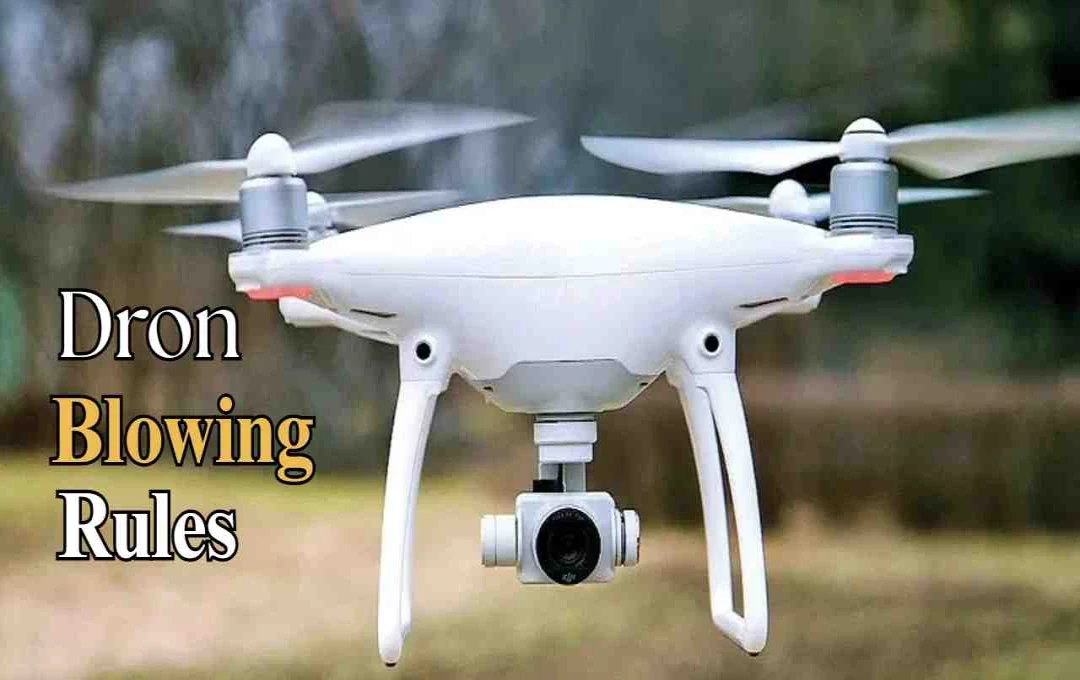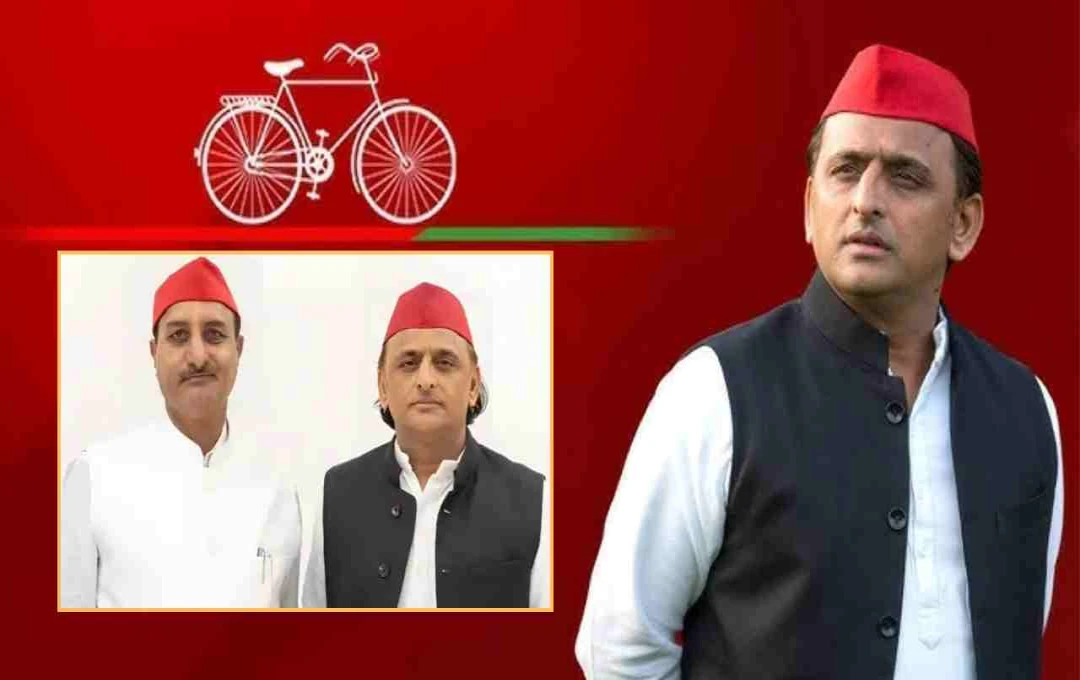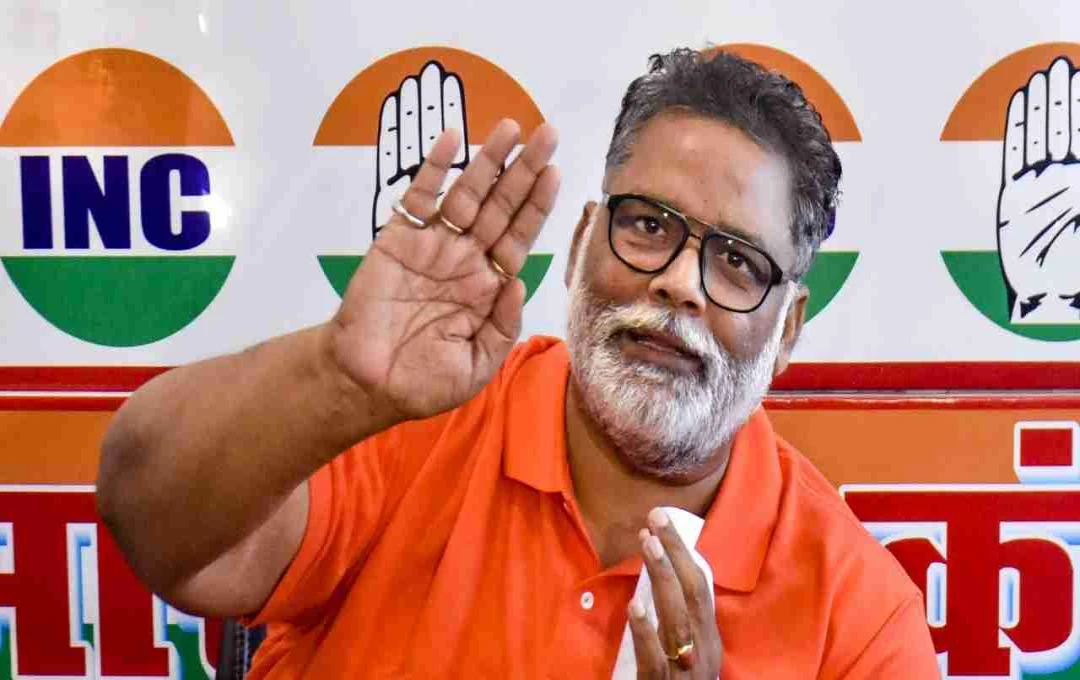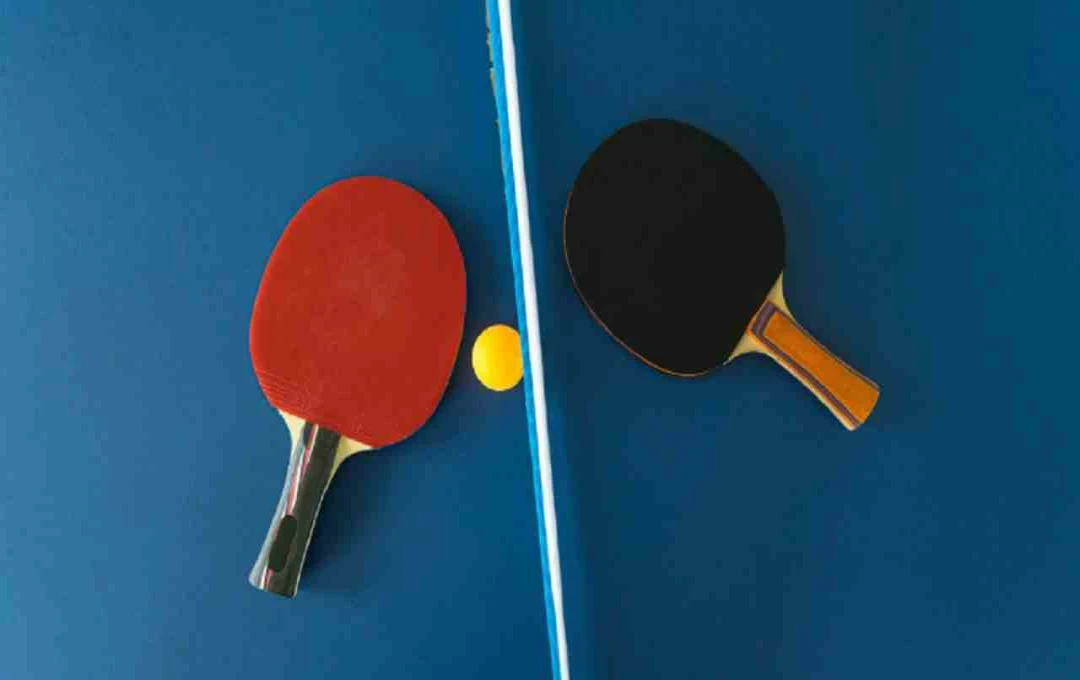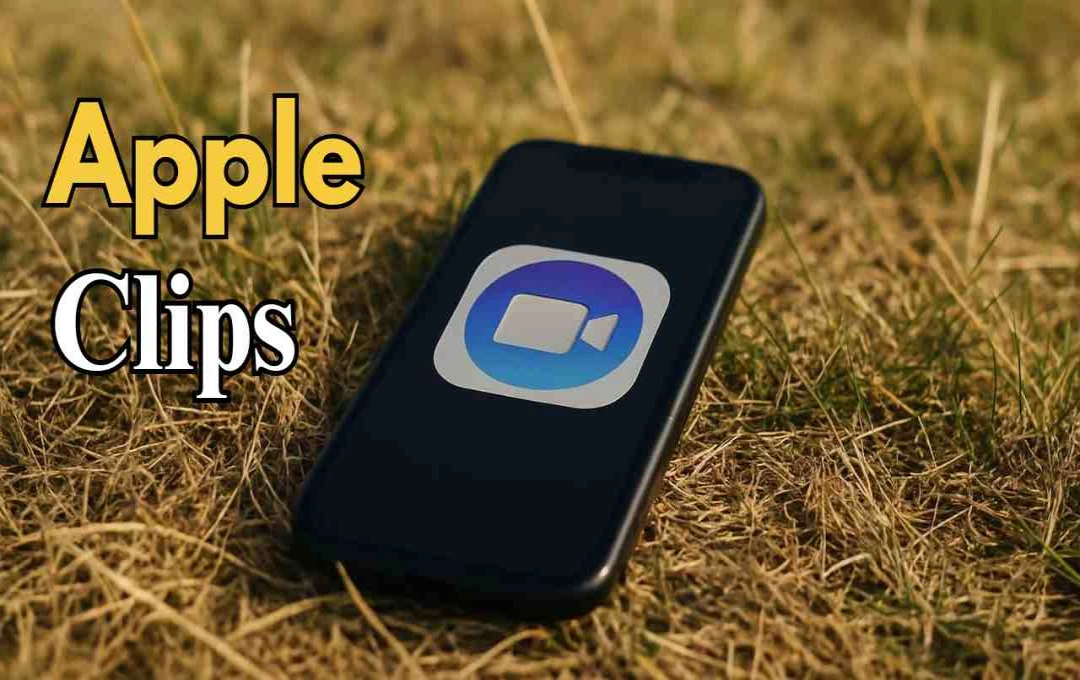In India, drones are no longer limited to photography; they are now also used in agriculture, security, surveying, and delivery. However, flying a drone without registration and a Remote Pilot License (RPL) is illegal under DGCA's Drone Rules 2021. Violating no-fly zones and flight regulations can lead to heavy fines and even drone confiscation.
Drone Rules: Drone technology is rapidly expanding in India and is no longer confined to photography. According to DGCA's Drone Rules 2021, it is mandatory for any individual to obtain registration and a license before flying a drone. The rules include no-fly zones, restrictions on night flights, and the requirement to obtain permission for flying over crowds or private property. These regulations are enforced to ensure safety and legal compliance. Commercial flying is only possible after obtaining proper training and an RPL.
Mandatory Registration and Licensing
Every drone must be registered on DGCA's Digital Sky Platform. Flying a drone without registration is illegal. Drones are categorized into five types based on weight: Nano, Micro, Small, Medium, and Large. Nano drones (up to 250 grams) can typically be flown without a license, but a Remote Pilot License (RPL) is essential for flying Micro and larger drones.
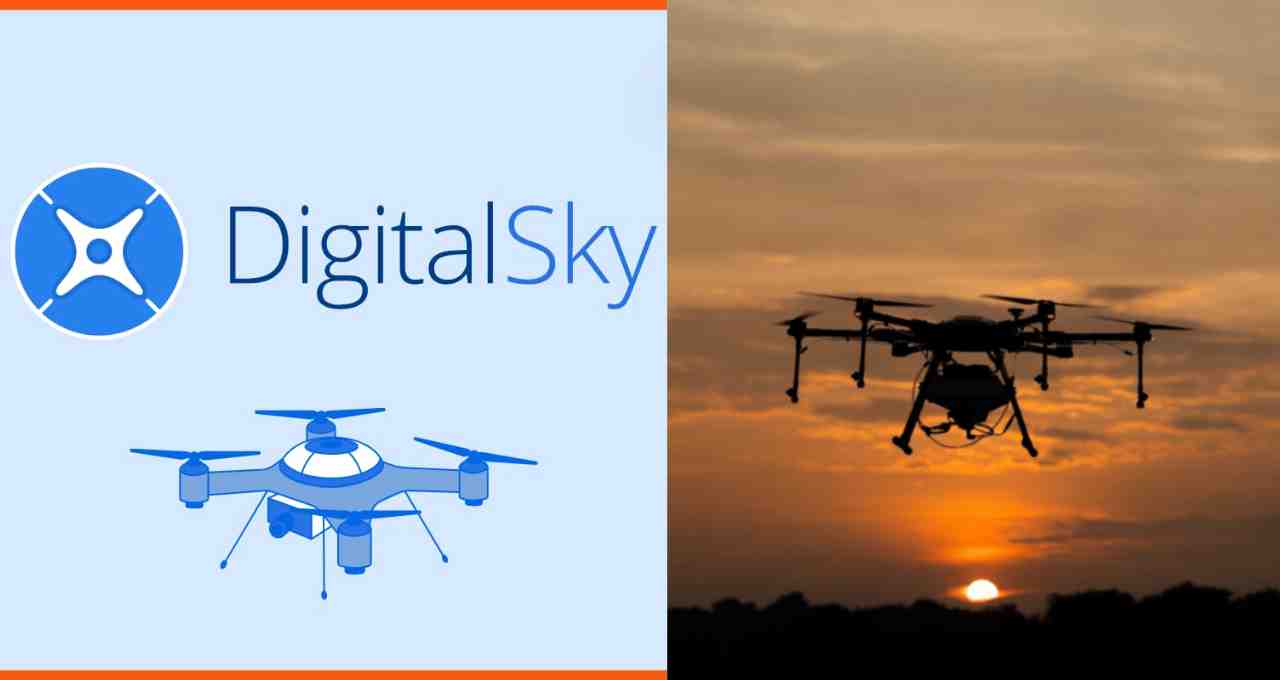
No-Fly Zones and Flight Restrictions
Drone flying is completely prohibited in certain areas, such as airports, military zones, government buildings, and the residences of the President or Governor. Flying a drone at night without permission is also restricted. Permission is required before flying over private property and crowds of people. Violating these rules carries a risk of fines ranging from 25,000 to 5 lakh rupees and drone confiscation.
Training and Commercial Drone Flying
If you are over 18 years old and intend to use a drone commercially, you must undergo training from a DGCA-approved Drone Training Organization (DTO). A Remote Pilot License (RPL) is issued only after completing the training and passing the examination. Proper training and licensing ensure both safety and legal protection when flying a drone.
Drone technology has made life easier and more convenient, but its use requires caution and responsibility. A drone can only be flown legally by adhering to registration, proper permissions, and DGCA regulations.
